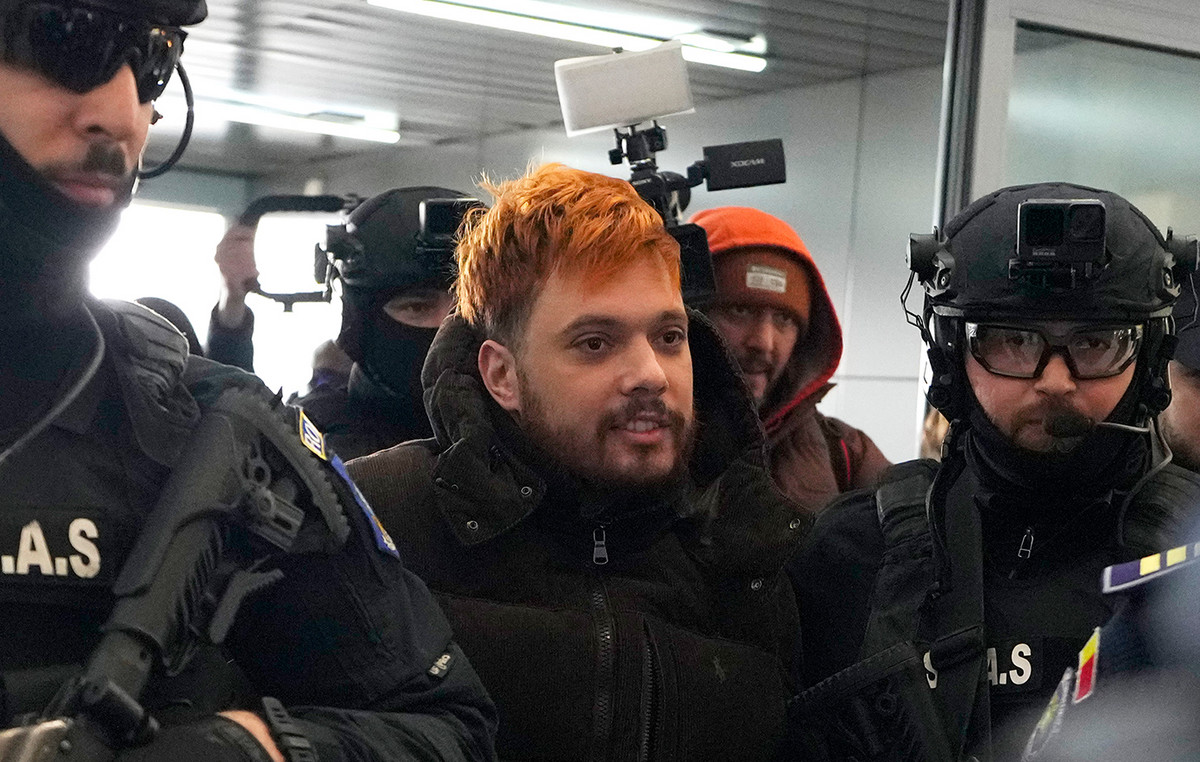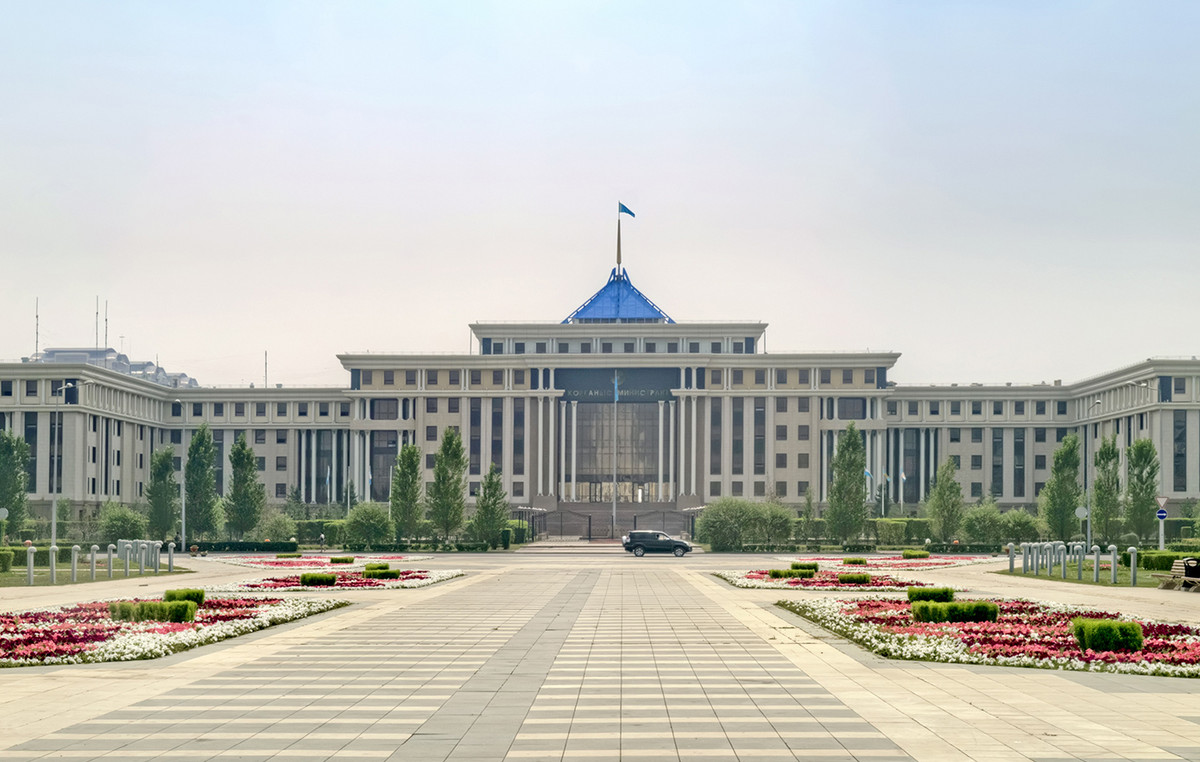U.S. Secretary of State Antony Blinken on Friday condemned Kosovo’s government for forcibly accessing municipal buildings in the north of the country and urged Prime Minister Albin Kurti to reverse course.
Kosovo police fired tear gas and clashed with protesters outside a municipal building in the Serb-majority city of Zvecan early on Friday, amid protests following widely boycotted local elections.
In a statement, Blinken said the country’s actions ran counter to US and European advice and “sharply and unnecessarily heightened tensions, undermining our efforts to help normalize relations between Kosovo and Serbia and will have consequences for our relations.” bilateral agreements with Kosovo”.
He urged all sides to “refrain from any further actions that could inflame tensions and promote conflict”.
Serbian President Aleksandar Vucic put the country’s army on full combat alert and ordered military units to move closer to the border with Kosovo after the clashes. Later, Defense Minister Milos Vucevic stated that a “red line” was being crossed, suggesting that the risk of a new conflict between the two countries is real. “Someone needs to understand that what (Kosovo Prime Minister) Albin Kurti is doing is leading us to red lines and a complete breakdown of dialogue and escalation on the ground,” he said.
He also commented that Belgrade would not allow expulsions of Serb population in the region. “If someone starts killing Serbs, breaking into their homes, evicting them or threatening their children or their property, that will be the red line,” he said.
understand the case
Tensions between the Serb majority and the Kosovar population, of Albanian origin, increased after the announcement of elections for local autonomous governments in four municipalities in Kosovo’s north – Zvecan, Zubin Potok, Leposavic and Mitrovica. The Serbs were against the election, claiming that it was directly linked to the Kosovar government, which is not recognized by Belgrade.
Despite the new date having been stipulated, the Serb List, the main party of the Serbian majority, continued to boycott the elections. Even so, the elections were confirmed. “It is impossible to tolerate further election postponements. We cannot tolerate a vacuum in institutions,” said Kosovo’s Prime Minister Albin Kurti at the time.
On the 23rd, the elections were actually held, with a meager turnout: only 3.47% of voters (1,566 Albanians and 13 Serbs) went to the polls. Serbs in the region cited the low turnout as an argument for not accepting the results of the polls.
On the last 19th, the inauguration of the first of the four mayors took place, in the divided city of Mitrovica. Erden Atiq took office almost a month after the election and angered the Serbian government. On the same day, the representative of the Serbs for the region of Kosovo and Metohija, Petar Petkovic, accused the Kosovar Prime Minister, Albin Kurti, of encouraging an “occupation” and that an eventual possession of the prefectures by the Albanians would trigger a new conflict with Belgrade.
(Posted by Fábio Mendes, with information from Reuters)
Source: CNN Brasil
Bruce Belcher is a seasoned author with over 5 years of experience in world news. He writes for online news websites and provides in-depth analysis on the world stock market. Bruce is known for his insightful perspectives and commitment to keeping the public informed.







